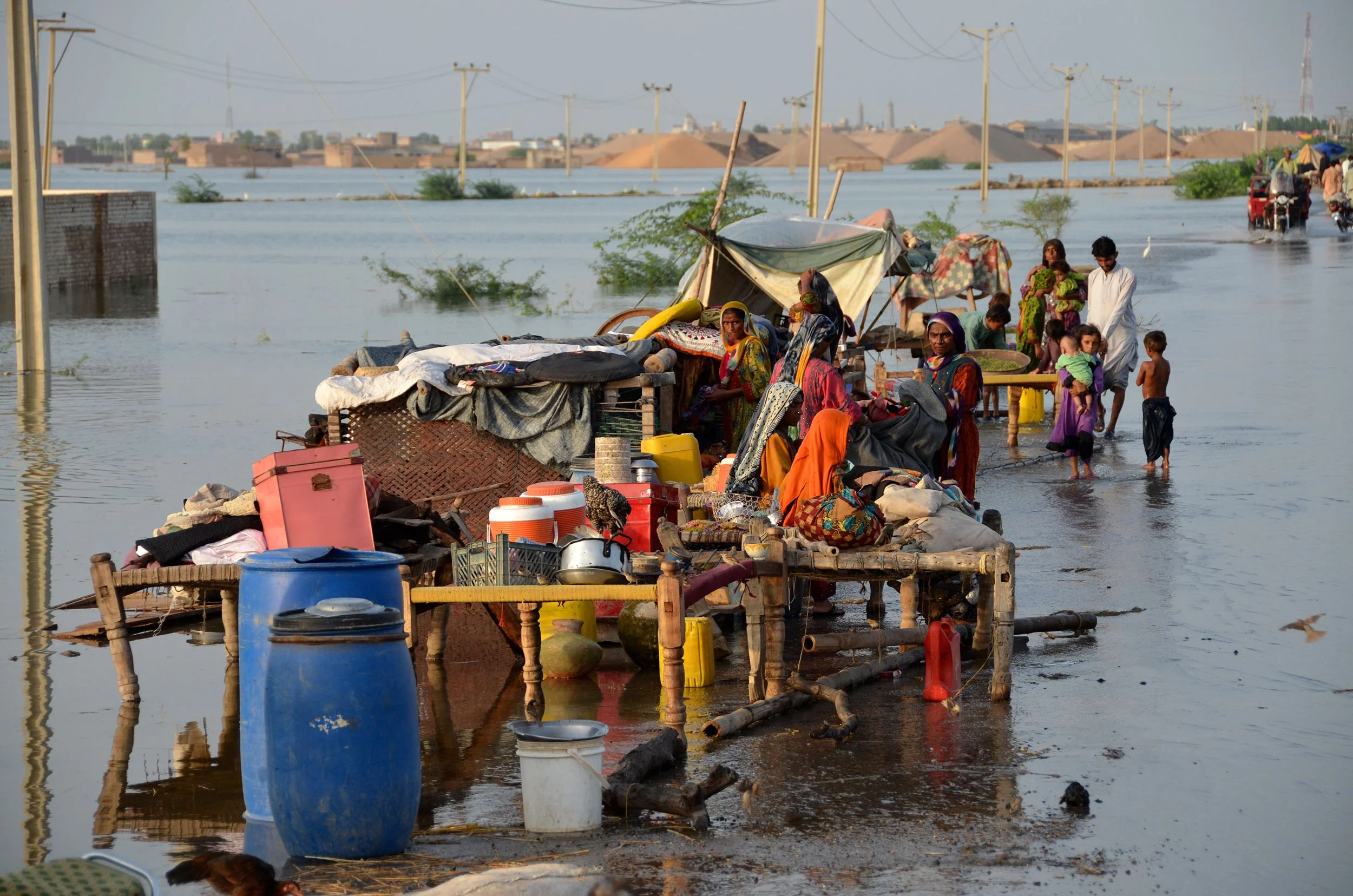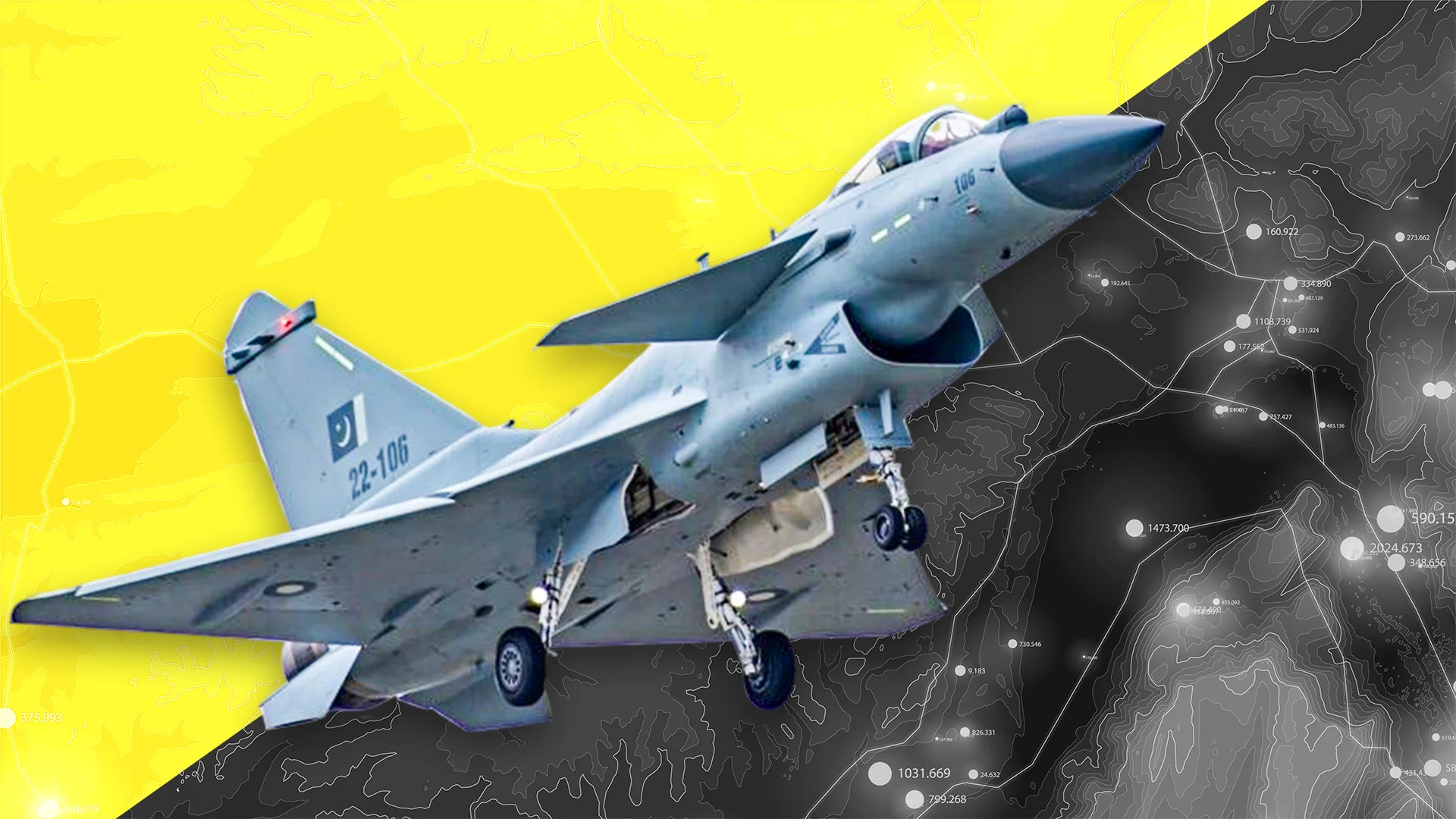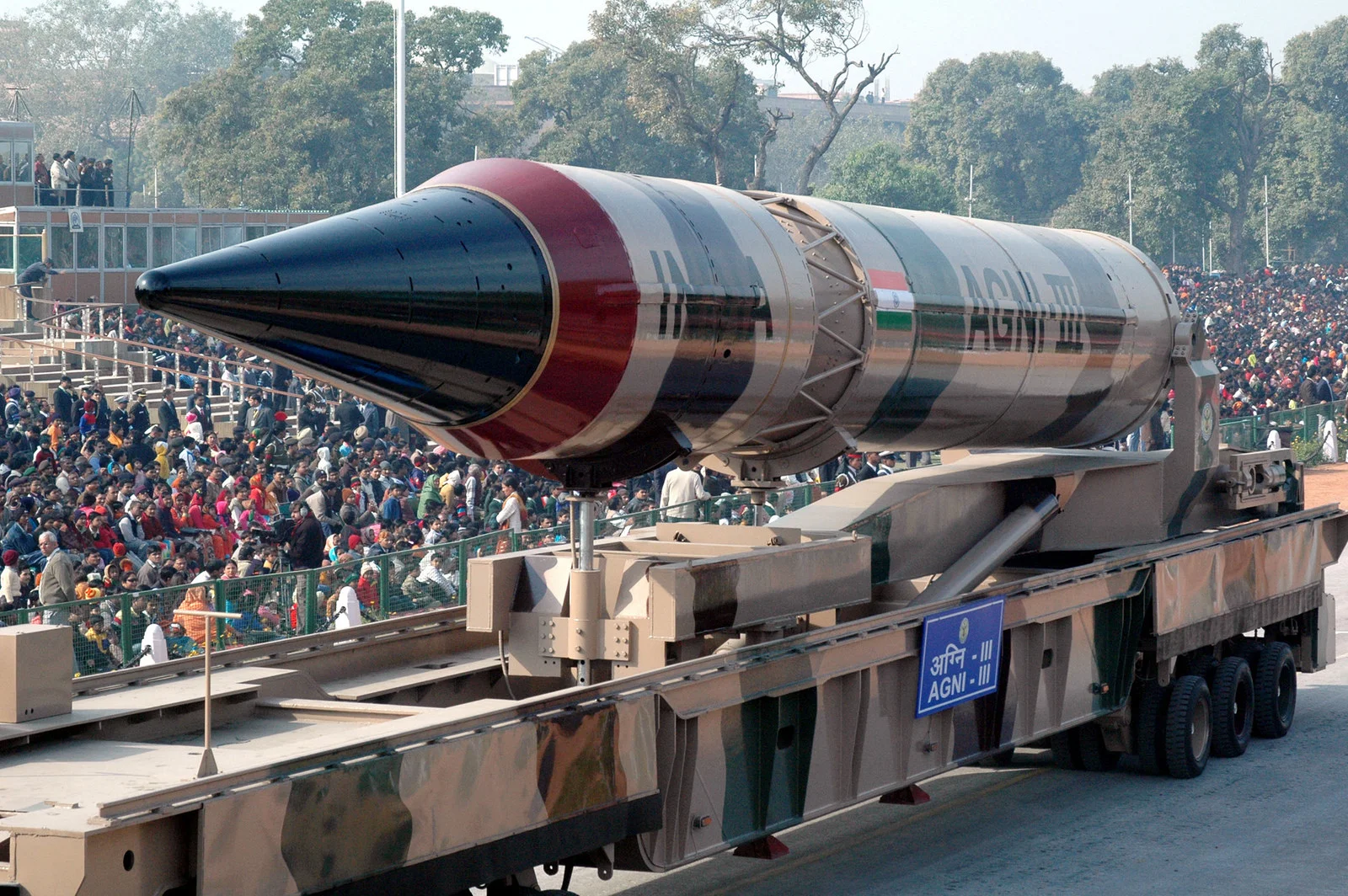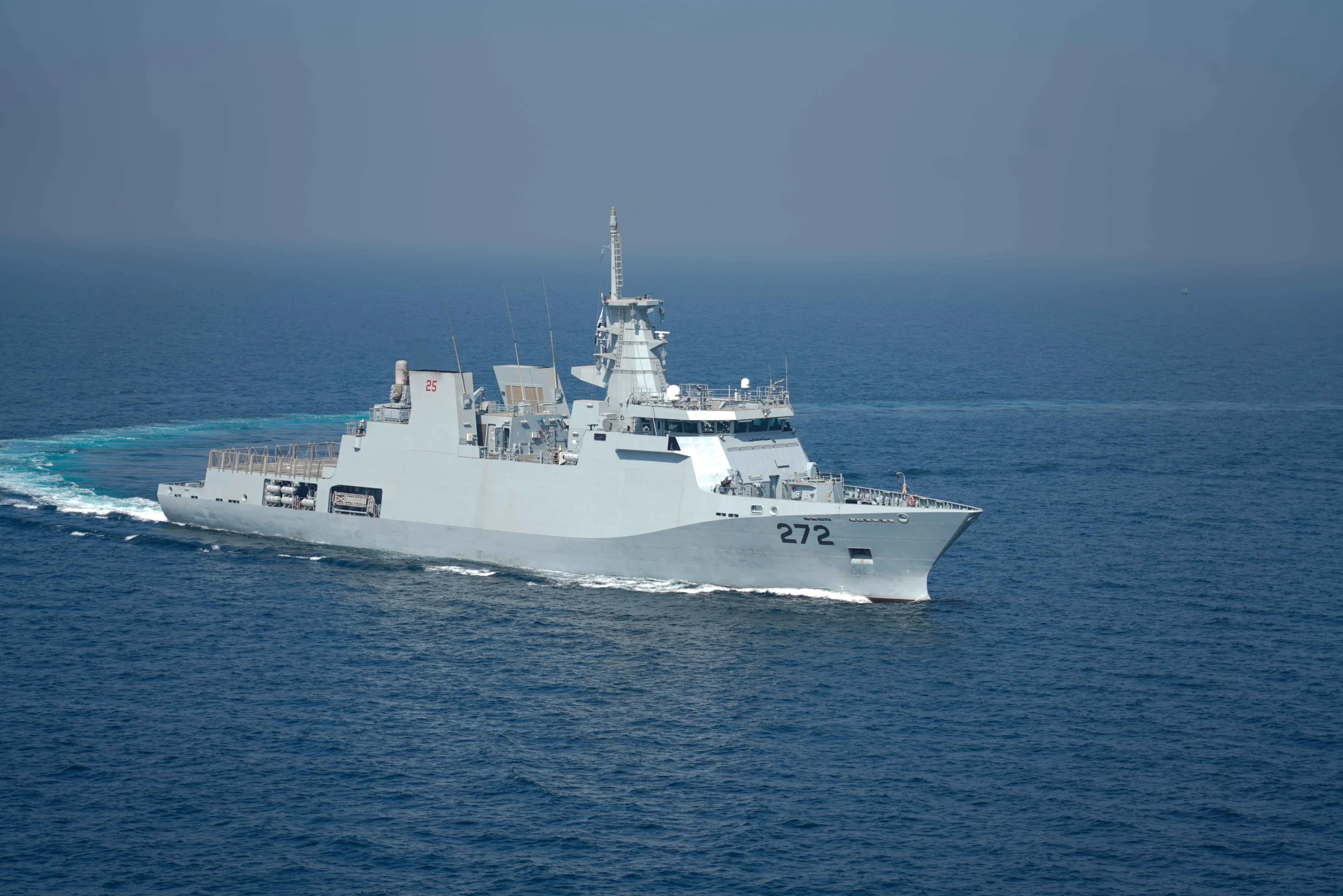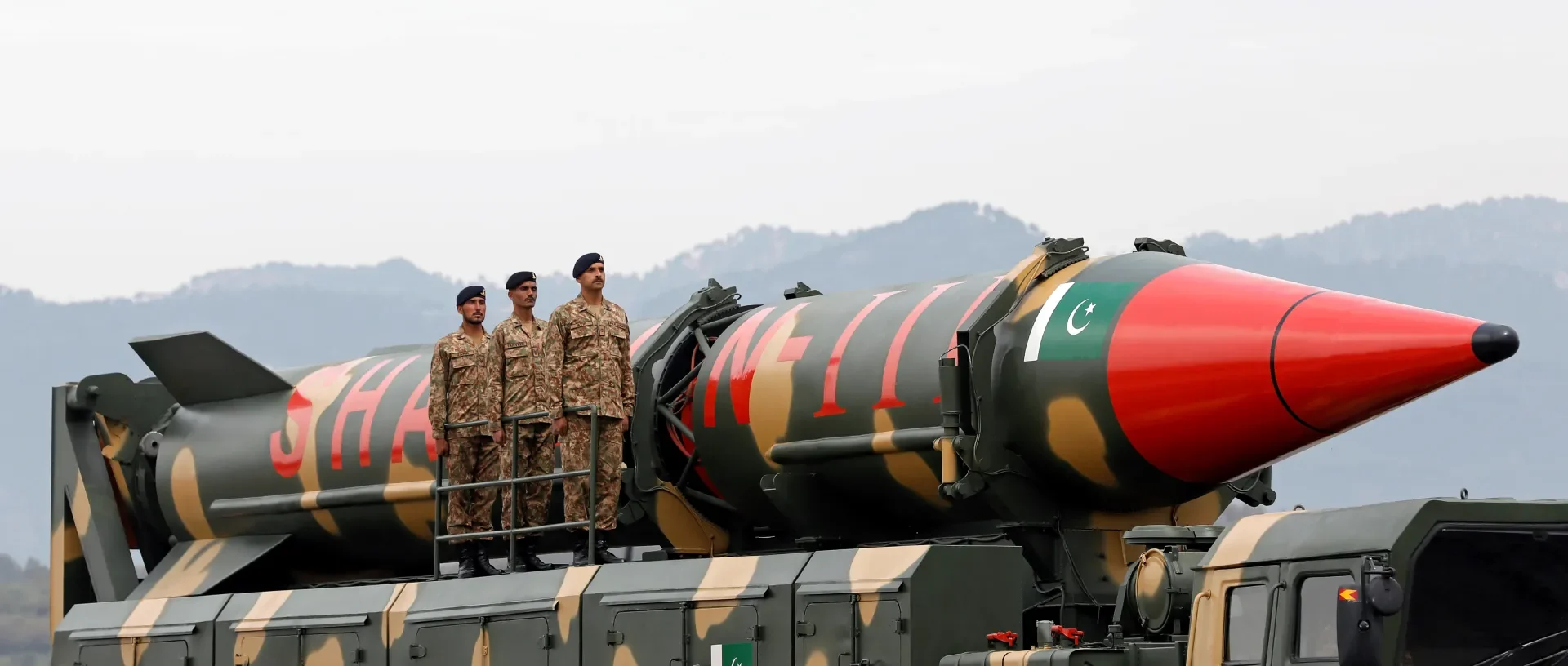
What Is Pakistan’s Army Rocket Force Command (ARFC)?
Pakistan’s Army Rocket Force Command (ARFC) is a newly established formation dedicated to managing conventional missile forces, giving Islamabad precision-strike capability beyond its nuclear deterrent.

